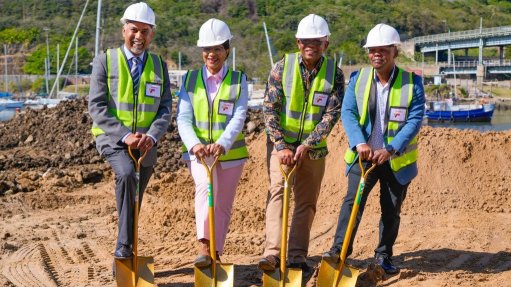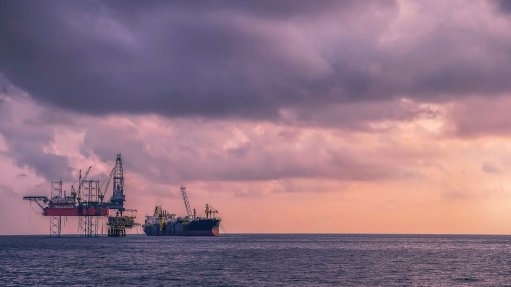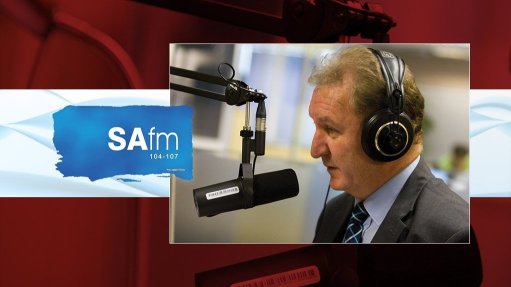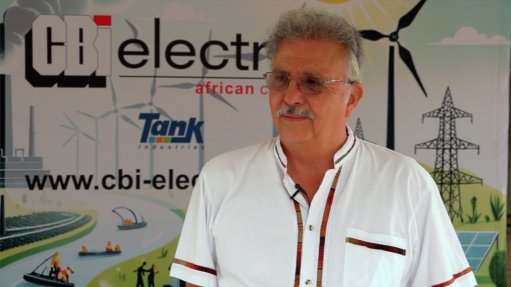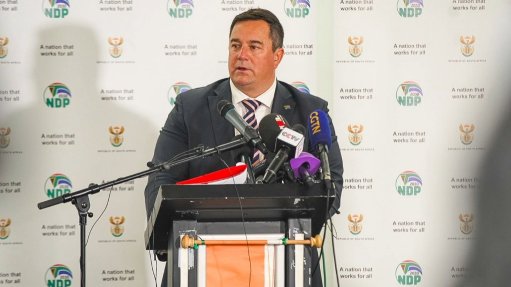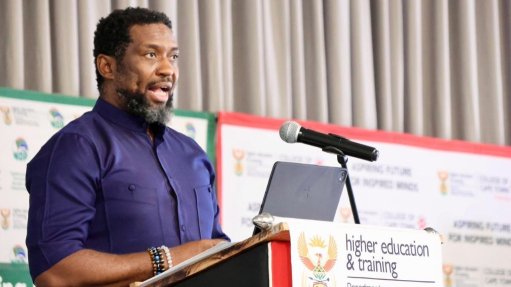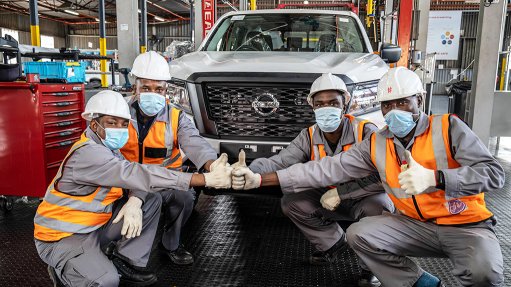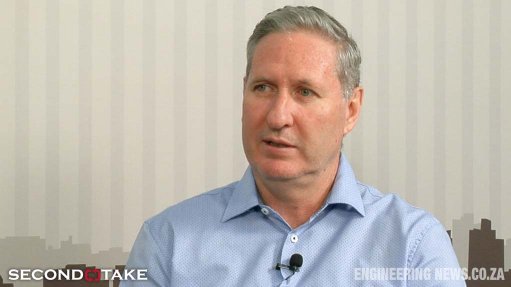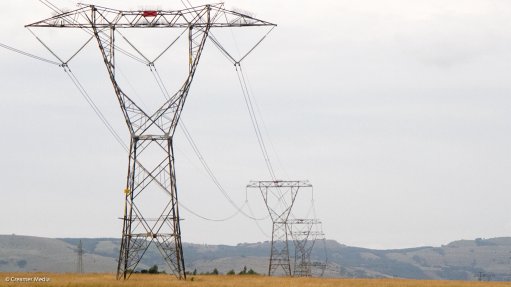From Francafrique to France-Africa
That France’s special relationship with Frenching-speaking nations, known as Françafrique, is undergoing a fundamental transformation would not have been obvious at the 28th Afrique-France Summit, in Montpellier, earlier this month.
Nothing of any great import happened at the summit, which has taken place every two years since 1973 – except that it took place after two Covid-19-related cancellations. The summit itself has become institutional to uphold France’s special and multifaceted relationship with 14 West African French-speaking countries that make up Francafrique. Every two years, French and African heads of State rub shoulders with high-profile characters drawn from the political, economic and social Francafrique superstructure.
Francafrique’s purpose was to boost France’s prominence in a post-World War II environment dominated by the Anglo-American alliance. So, France bound its former colonies to itself through a common currency – the CFA franc – backed to this day by the French Treasury, and a raft of defence and security agreements allowing for intervention from military bases across West Africa. In return, West African countries were expected to vote with France in international forums and France would be granted preferential access to strategic mineral resources. French businesses had monopolistic and unrivalled market access across Francophone African countries where they have operations. French conglomerates such as Alstom, Bolloré, Bouygues, Carrefour, Castel, CFAO, Eramet, Orange, Peugeot, Société Générale and TotalEnergies (formerly Total), among others, continue to derive significant profits and revenue from their activities in Francophone Africa.
But, behind the scenes, the relationship is changing under President Emmanuel Macron – and with the encouragement of a modern crop of leaders and an increasingly globally connected and voting youth. Firstly, Francophone African leaders are no longer keen to rely solely on France as a source of international support or exclusive trade relations. The last few years have seen increased involvement of new foreign partners with respect to African foreign policy. China, Russia, Singapore, Turkey and the Gulf States are all wielding increasing influence and winning the support of France’s formerly exclusive allies, notably Cameroon, Cote d’Ivoire, Gabon and Senegal. Gabon’s application to join the Commonwealth is a clear example of these evolving relations. Further, the French business community has been the target of growing anti-French sentiments, which are well adhered to by an increasingly educated, exposed and urbanised Francophone African youth. Then, the chasse-gardée (protected hunting ground) for French businesses is increasingly unpopular. West Africa’s youth accuse French business and the French State of monopolistic and corrupt practices. In March, in Senegal, antigovernment demonstrators attacked French-owned businesses, accusing them of taking away opportunities from local businesses. The summit’s end coincided with the start of the trial 34 years after it happened of 14 men accused of complicity in the murder during a coup of Burkina Faso's then President, Thomas Sankara. Popular mythology is that France masterminded the coup that replaced Sankara.
Amid increasing unpopularity, France has taken active steps to diversify its political and economic ties where it has significantly less historical baggage. Top of France’s list is Nigeria – Africa’s most populous nation. France has used its position in West Africa as a springboard to develop stronger economic ties with the potential economic giant of Africa. During a visit to Nigeria in April, French Foreign Trade and Economic Attractiveness Minister Franck Riester deplored the fact that bilateral trade between the two countries fell from $4.5-billion in 2019 to $2.3-billion in 2020. While Reister blamed the decline on the impact of Covid-19, there has also been a notable reluctance by French businesses to seek opportunities in Nigeria. To change this perception, Macron visited Nigeria in 2019, and Nigerian President Muhammadu Buhari has made several visits to France, most recently in May. In June, Macron inaugurated the France-Nigeria Business Council, which is headed by Nigerian tycoon and founder of the multi-industry conglomerate BUA Group, Abdulsamad Rabiu. The business council’s members include some of Nigeria’s most prominent entrepreneurs, including Aliko Dangote, Mike Adenuga, Gilbert Chagoury and Tony Elemulu.
However, East Africa is relatively virgin territory for French businesses but here, too, France has made a concerted effort to gain a foothold in Kenya. According to the French Chamber of Commerce in Kenya, the number of French businesses operating in Kenya has risen from 30 to 110 since 2012. Macron and Kenyan Present Uhuru Kenyatta have met three times since 2019, and Macron visited Kenya in 2019. These high-level interactions have borne fruit: a French consortium led by Vinci was awarded a $1.5-billion contract to build the 233 km Nairobi–Mau highway during the 2020 visit. Still in East Africa, Macron undertook a landmark visit to Rwanda, where he acknowledged France’s “political responsibility” for events which led to the 1994 genocide. France’s support for the Rwandan government in the lead-up to the genocide, which led to between 800 000 and one-million deaths, has been a bone of contention in France-Rwanda relations. While Macron stopped short of providing an explicit apology, he and Rwandan President Paul Kagame committed to strengthening bilateral ties. Shortly afterwards, France committed $589-million in development assistance to Rwanda over the 2019 to 2023 timeframe.
South Africa is France’s leading trade partner in sub-Saharan African – valued at €2.2-billion – a fact that Macron acknowledged during a visit to South African to meet President Cyril Ramaphosa. Ramaphosa has also been warmly received at the Elysée Palace (the French presidency) in Paris.
At the heart of Macron’s concerted effort, rather than tearing up the template of Francafrique, is a bid to modernise the relationship and move from Francafrique, with all its neocolonial overtones, to a France-Africa relationship. Despite its glaring shortcomings and changing configurations, it remains a structure that provides mutual benefits to the France and Francophone Africans and will not go away anytime soon. France remains a privileged partner for economic cooperation among Francophone African nations. Despite China being their lead trade partner, Cameroon, Côte d’Ivoire, Congo-Brazzaville and Guinea are still leading beneficiaries of France’s debt alleviation and development programme.
Article Enquiry
Email Article
Save Article
Feedback
To advertise email advertising@creamermedia.co.za or click here
Comments
Announcements
What's On
Subscribe to improve your user experience...
Option 1 (equivalent of R125 a month):
Receive a weekly copy of Creamer Media's Engineering News & Mining Weekly magazine
(print copy for those in South Africa and e-magazine for those outside of South Africa)
Receive daily email newsletters
Access to full search results
Access archive of magazine back copies
Access to Projects in Progress
Access to ONE Research Report of your choice in PDF format
Option 2 (equivalent of R375 a month):
All benefits from Option 1
PLUS
Access to Creamer Media's Research Channel Africa for ALL Research Reports, in PDF format, on various industrial and mining sectors
including Electricity; Water; Energy Transition; Hydrogen; Roads, Rail and Ports; Coal; Gold; Platinum; Battery Metals; etc.
Already a subscriber?
Forgotten your password?
Receive weekly copy of Creamer Media's Engineering News & Mining Weekly magazine (print copy for those in South Africa and e-magazine for those outside of South Africa)
➕
Recieve daily email newsletters
➕
Access to full search results
➕
Access archive of magazine back copies
➕
Access to Projects in Progress
➕
Access to ONE Research Report of your choice in PDF format
RESEARCH CHANNEL AFRICA
R4500 (equivalent of R375 a month)
SUBSCRIBEAll benefits from Option 1
➕
Access to Creamer Media's Research Channel Africa for ALL Research Reports on various industrial and mining sectors, in PDF format, including on:
Electricity
➕
Water
➕
Energy Transition
➕
Hydrogen
➕
Roads, Rail and Ports
➕
Coal
➕
Gold
➕
Platinum
➕
Battery Metals
➕
etc.
Receive all benefits from Option 1 or Option 2 delivered to numerous people at your company
➕
Multiple User names and Passwords for simultaneous log-ins
➕
Intranet integration access to all in your organisation






